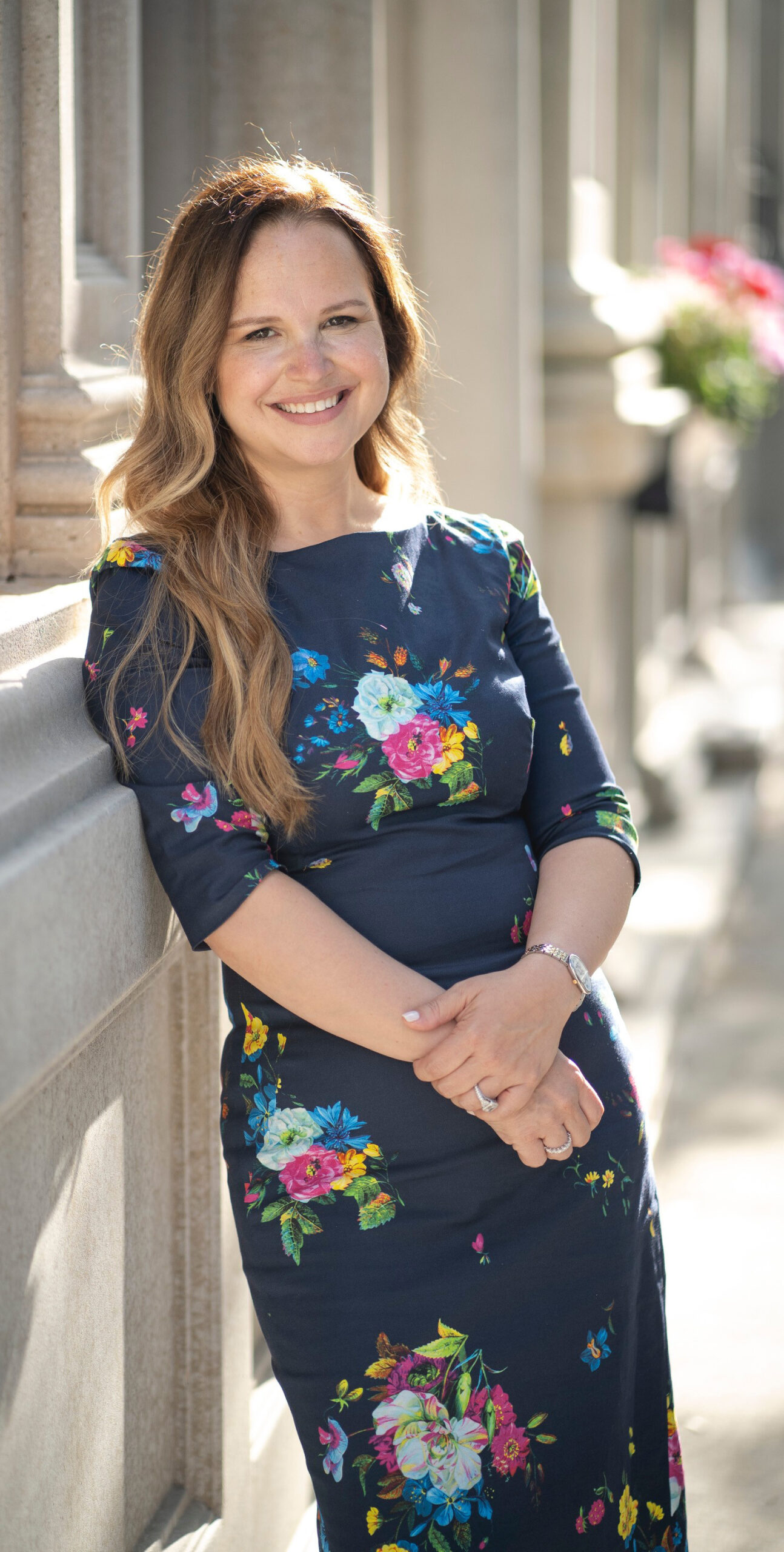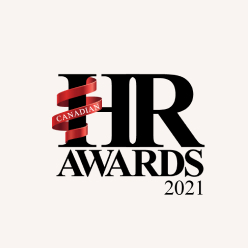
Ashira Gobrin, a transformational executive with 25 years of experience, is the recent winner of HRPA’s Woman of Distinction Award handed out at the Canadian HR Awards. By blending a get-it-done performance improvement style with the ability to bring a vision to life, Ashira has a proven track record of fueling enterprise-wide execution that drives employee engagement, retention, revenue and growth.
Currently, Ashira is Wave’s Chief People Officer and 100% focused on building a world-class team through exponential growth. Ashira has been lauded as the mastermind behind Wave’s award-winning culture and as a key member of the Wave executive team in securing the 7th largest Canadian tech exit since 2001.
Ashira’s previous accomplishments include:
- Spearheading the government of Poarch Creek Indian’s HR transformation
- Optimization of Vision Critical’s global operations through significant revenue gains and staff growth
- Positioning Grey Worldwide’s Interactive division to deliver world-class services while doubling revenue
A seasoned board director and sought-after executive coach, Ashira is a Certified Graphologist, a Brainspotting Practitioner, a published author and accomplished speaker.
We sat down with Ashira for a Q&A.
Q: You have an impressive and accomplished career – what is the secret of your success?
As a mother, as a wife, a daughter, an employee, a manager, a leader, I ask myself, how do I make each day count? How do I invest the energy I have into everything I do? How do I give people opportunities to shine? How do I notice and open doors for others that may have a hard time getting through otherwise? How do I leave a legacy so the people that come after me have an easier time?
I have done things I didn’t know I could do and yet I have so much more to do. My energy will always be on helping others to be the best version of themselves and through this, their visions will become a reality that can change the world. That is my purpose: to help others maximize their potential. I thank so many people from the bottom of my heart for including me in their dreams, in their visions, and to them, I owe my success
Q: What does winning this award mean to you?
I am truly honoured to be the recipient of the 2021 award but I could never have achieved anything significant without some key people who opened doors for me and showed me the path. This award in many ways is really a “thank you” to all the people in my life, who live with me, work with me, bring my crazy ideas to life or put up with me while I work on them.
My family, friends, mentors and some incredible men and women who have supported me along the way. Most specifically my husband and children who have always been my biggest fans.
My boss Kirk, who hired me and then gave me the space to be me at my best. My dear friends and colleagues at Wave, Paul and Les who have been through some incredible highs and lows with me and had my back at every step, without even asking and when I needed them most.
My team, who last year won HR team of the year, is literally the best I have ever had the privilege to work with. This award is for all those people, I am, because they are.
Q: Equity, diversity and inclusion are important in corporate Canada, but as an example, women still lag in pay and top leadership roles. How HR leaders can effect meaningful change through HR programs or policy?
I don’t think a policy or program on its own can make meaningful change. I think people make meaningful change, and this generation is finally making a sweeping change. We must then absolutely use policy and programs to support, enforce and ensure the legacy of that change.
If you really look around, there are so many incredible women with unbelievable stories. We are white, Indian, Asian, Brown, Black. We are Jewish, Christian and Muslim, some not religious at all. We are single women, women with families, careers, dreams and aspirations. We are women that have overcome great challenges to be where we are today. We are women of the world. Women accomplishing great things. We are women changing the world.
Personally, I don’t apologize for being different. I try to be confident and own who I am and put my best out into the world even when it’s not comfortable. We need to build cultures of inclusion to embrace diversity so that people can feel comfortable being different. That’s what diversity is all about. Most importantly this means we need to have the courage to speak up when something is not right. The world will be a much better place when we learn to do just that.
Q: You have the opportunity to interact with a lot of business leaders and HR professionals in your role. What is your observation of where business leaders want or need more from their HR functions?
HR used to be about hiring and firing and writing policies. It’s now a strategic voice at the executive table, with a serious responsibility towards business goals and outcomes. An HR leader needs to be a business leader first and foremost. But where the CFO focused on dollars and cents, and the COO focuses on process and systems, the CHRO focuses on people, purpose, values and leadership. They need to remind the business of why they exist, how they are changing the world, and how to live their values to achieve extraordinary results.
An HR leader needs to be a coach, a mentor, a boss, a friend. They need to be tough and kind, decisive with a heaped tablespoon of empathy. They need to weigh every decision in light of what will best serve the customer, empower the employees, and reward the shareholders. They need to be analytical and intuitive. Sensitive but not emotional. It’s a tough job, but wow, is it rewarding when we do it well.
Q: What advice do you wish someone would have given you earlier in your career?
I wish I had found Graphology way earlier in my career. For me, my super power is my ability to help people and this ability is way under-utilized in our profession although it’s used broadly in Europe, Israel and India.
As children in school, we were all taught to write the same way, but it is evident that no one continues to write exactly the way we were taught and therefore everyone’s handwriting looks different. We gradually alter the shapes and sizes of letters in accordance with individual likes and dislikes.
The reason for this is because our personalities affect the way our handwriting develops after we were taught to write. Our handwriting is the pattern of our psychology expressed in symbols on the page and these symbols are as unique as our own DNA.
When you get to know a person’s handwriting well enough, you recognize whose script it is when you see it on an envelope, a card or a notebook. Graphology is based on the principle that every individual’s handwriting has a character of its own due to the uniqueness of the writer’s personality. It is this, that allows expert graphologists to assess, with the greatest accuracy, the character and capabilities of the writer.
Graphology is both an art and a science. It is a science because it measures the structure and movement of the written form with precision. It is an art because the graphologist must piece together the whole context in which the writing is taking place: the ‘gestalt’ of the writing as a whole.
A handwriting analysis consists of the assessment of three components -movement, spacing and form. A graphologist studies the variations as they occur in each of these aspects of writing and attaches psychological interpretations to them. Expert graphologists can achieve a very high degree of accuracy. Its purpose is to give a realistic view on problems that confront people from all walks of life every day of their lives.
